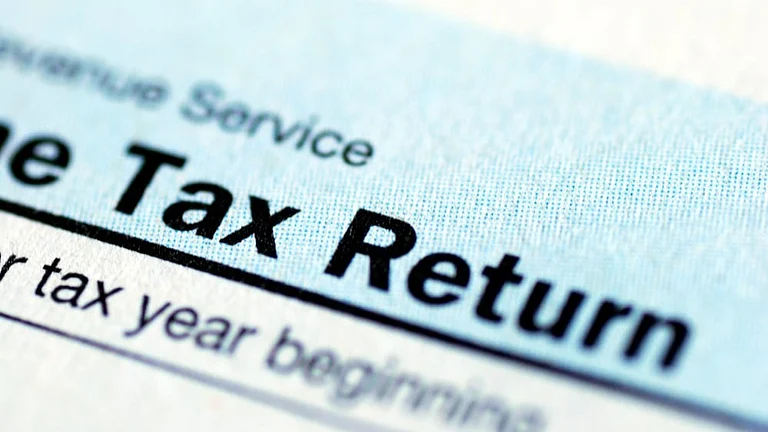Is compensation received on acquisition of agricultural land by the government taxable? If yes, then how is it calculated?
For income tax purpose, agricultural land is categorised into two categories. The first category includes land which is situated within a specified varying distance from the municipal corporation or the cantonment board depending on the population of the municipality or the cantonment board.
The other parcels of land come under the second category and comprises mainly of rural land. Rural land is not considered as capital asset under Section 2(14) of the Income-tax Act, 1961, and therefore, does not qualify for capital gains.
Since the first category of agricultural land is considered as capital asset, so, any profit made on sale/transfer of such agricultural land is taxable as capital gains. However, an exemption is provided for an individual and a Hindu Undivided Family (HUF) under Section 10(37) in respect of compensation received from government for acquisition of agricultural land provided that same was used for agricultural purpose during the preceding two years of such acquisition by the family members of the (HUF) or the concerned individual.
So whether it is rural or urban agricultural land, compensation received from government in lieu of such land is always tax-free under the land acquisition law.
Is it possible to show loss while filing income tax return (ITR) without booking loss in stocks? Which ITR form do I need to file in such a situation? Can I file more than one ITR form?
Under the tax laws, any profit and loss on sale of any capital asset, including stocks can only be recognised at the time of sale, and any notional loss is not considered for determination of taxable income.
However, in case you are engaged in the business of dealing in stocks, and thus, treating your stocks as your stock-in-trade, you can value your stock-in-trade at lower than the cost of realisable value on aggregate basis, and so, you can claim the loss on stocks even without selling them.
The ITR form that you would need to file would depend primarily on composition of your income. So in case you have not booked any capital gain or loss or business income and your income does not exceed Rs 50 lakh, you can use form ITR-1 to file your income tax return.
If you have capital gains or loss, but no business income, you have to use ITR-2. If you have business income, you can use ITR-3 or ITR-4 depending on whether you are opting for presumptive scheme of taxation or not. You can only file one ITR for all your income which can be revised any number of times before December 31 of the same year.
My nephew inherited a property through a Will. Since the Will was not registered, the property was first transferred to the legal heirs, who sold it and transferred the sale proceeds to my nephew. The sale deed is registered in the name of the legal heirs. What will be the taxability for my nephew and the legal heirs?
There is no legal requirement to register a Will in India. Thus, the unregistered Will is also valid and can be used for legal purpose.
As this was a capital gain, so capital gains tax has to be paid, either by the legal heirs or the nephew.
I would advise you to prepare a memorandum of understanding (MoU) between the legal heirs and the nephew of the deceased stating all the facts about the Will and the transaction of sale of the property and subsequent transfer of the sale proceeds to the nephew under the Will.
This document can be produced before the tax authorities in case the legal heirs receive any notice from the income tax department if the nephew has already paid tax on capital gains arising on sale of the property by the legal heirs.
The author is a tax and investment expert
(Disclaimer: Views expressed are the author’s own, and Outlook Money does not necessarily subscribe to them. Outlook Money shall not be responsible for any damage caused to any person/organisation directly or indirectly.)































